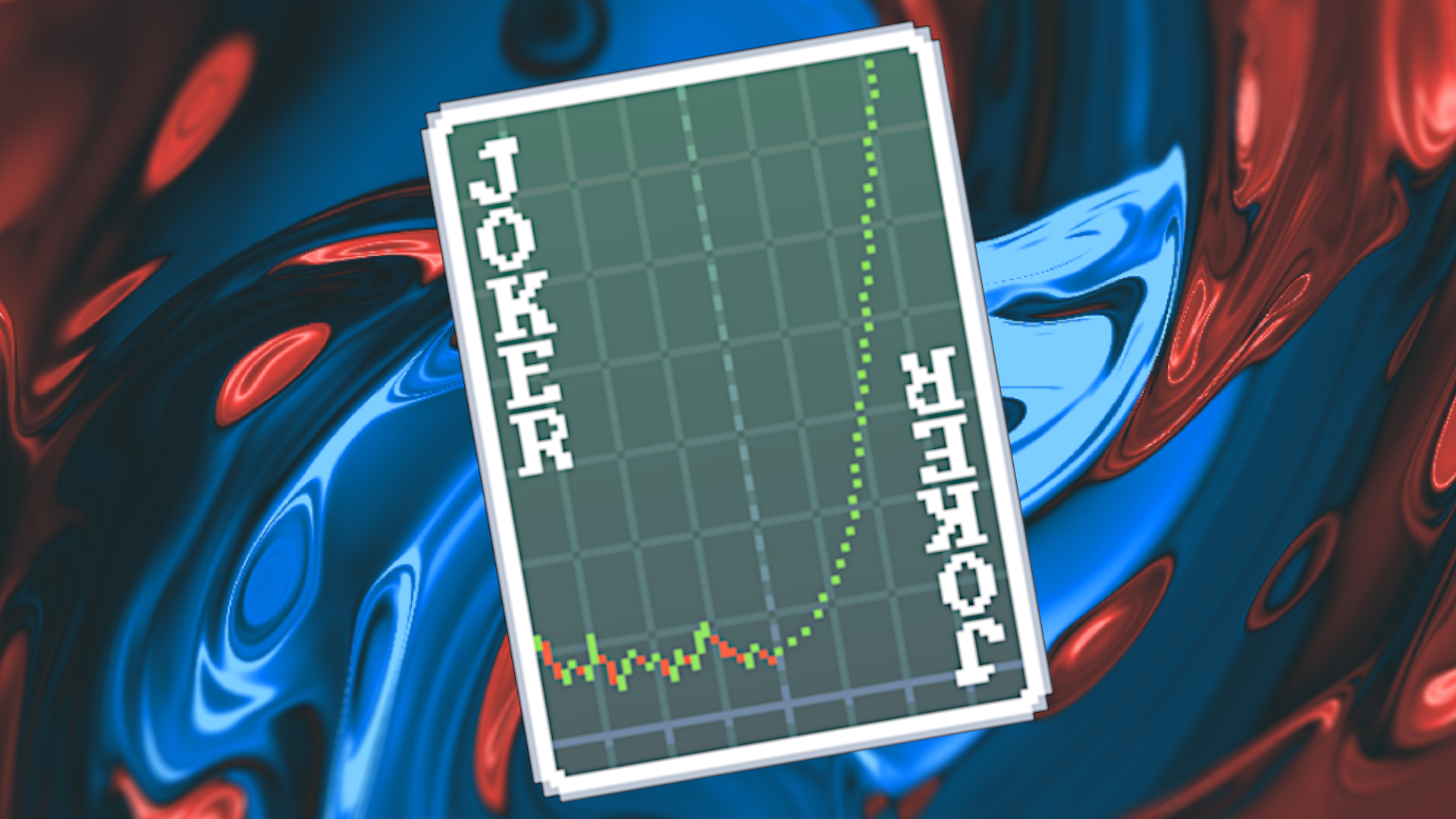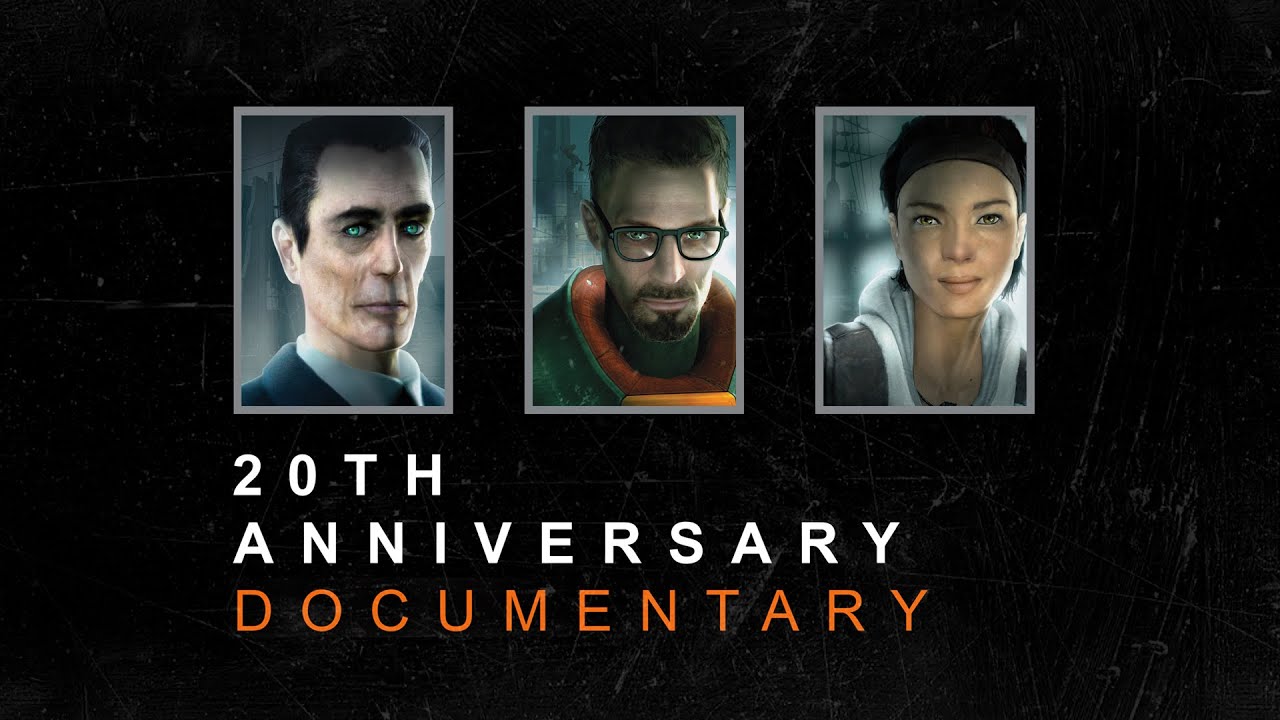Alan Wake and Control developer Remedy has entered into a convertible loan agreement with Chinese conglomerate Tencent, to the amount of €15 million/$16,761,075. This unsecured loan could later be converted into Remedy shares “under certain circumstances” on the third anniversary of the drawdown.
The deal has yet to be approved, and will be up for discussion during Remedy’s Extraordinary General Meeting on October 24.
“Part of Remedy’s long-term strategy has been to strengthen our position in the value chain, to have more control over how our games are commercialized, and to grow our share of the value these games can create,” Remedy CEO, Tero Virtala said in a press release. “As we move towards self-publishing, this financing will support us in developing and fully realizing the potential of the games we have in development and successfully carrying out the commercial activities of our next self-published games. Tencent’s investment demonstrates strong confidence in Remedy’s long-term vision and strategy.”
If approved, the loan could eventually be converted into a maximum of around 811,100 Remedy shares, which amounts to around 5.98% of all Remedy shares. Tencent already has a stake in the Finnish developer, too. Back in ’21, it acquired 3.8% of Remedy’s shares, which it then increased earlier this year, to 14%.
Remedy was also developing a free-to-play co-op game with Tencent, originally codenamed Vanguard. Remedy went back to the drawing board in 2023 to reboot the project as a premium title, codenamed Kestrel, but it was cancelled in May of this year so Remedy could “focus more on the other games in its portfolio”.
It makes sense that Remedy is going back to Tencent for more financial assistance. The studio’s games ain’t cheap, and they don’t sell the kind of numbers that allow Remedy to recoup their costs quickly. By May of this year, it still hadn’t made a profit on Alan Wake 2. Buying back Control 2 also cost it a pretty penny. Actually, it was just a bit more than the loan it’s getting from Tencent.



